Have you ever felt the weight of stress that infects every part of your life? Stress is a natural part of the human experience and in small amounts, stress can actually be good for us. But when it becomes chronic and relentless, it can become damaging for our mind and body. Let’s explore toxic stress in adults.
What Exactly is Toxic Stress in Adults?
Toxic stress in adults refers to an intense and prolonged exposure to stressors that exceed an individual’s capacity to cope effectively. However, toxic stress is different from regular stress as it distorts our ability to manage and cope with it.

It takes place when we experience prolonged periods of severe adversity without adequate support systems or resources to counter the challenges. Hence, chronic toxic stress in adults can disrupt the body’s natural balance, leading to a range of negative health effects.
Related: How Can You Clear Your Mind and Find Inner Peace: 9 Secrets
Symptoms of Toxic Stress That are Easy to Ignore
Recognizing the presence of toxic stress requires knowing its symptoms so that you can take immediate action. Here are some common signs to watch out for:
1. Emotional Distress
Adults with toxic stress may become more irritated, suffer from more episodes of anxiety or depression and feel constantly pessimistic.
2. Physical Symptoms
Chronic stress may cause physical disorders such headaches, gastrointestinal troubles, tense muscles and fatigue.
3. Cognitive Impact
Cognitive impairment associated with toxic stress can involve problems with decision-making, concentration, memory and problem-solving.
4. Sleep Problems
As your mind becomes overactive and enters a heightened state of alertness due to chronic stress, insomnia and disrupted sleep patterns become common.
5. Relationship Strain
Personal relations can be strained by toxic stress as you may become aloof, emotionally withdrawn, isolated and have trust issues.
Causes of Toxic Stress You Should Know About
In order to deal with toxic stress, it is important to have a clear idea about the factors that contribute to the development of toxic stress. Here are some common triggers:
1. Adverse Childhood Experiences (ACEs)
Negative childhood experiences like abuse, neglect or a toxic family environment can lead to long-lasting adverse effects that may lead to toxic stress in adults.
2. Work-related Stress
A lack of work-life balance, excessive workload, high-pressure work environments, and job insecurity can increase the risk of developing toxic stress in adults.
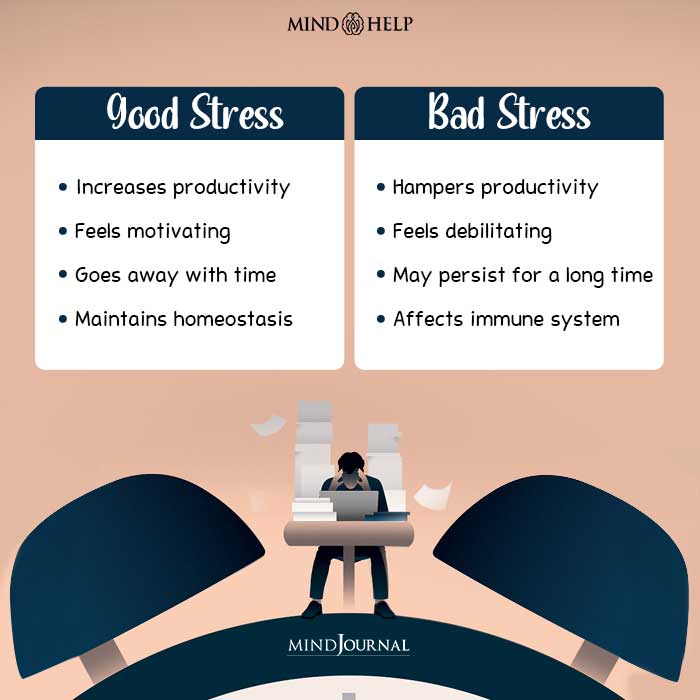
3. Financial Strain
Financial challenges, like joblessness, debt, living from hand to mouth or inability to pay bills on time can put people under continuous pressure which makes them feel hopeless & stressed.
Related: Why Am I So Exhausted After Work? 8 Reasons For After-Work Exhaustion And What To Do
4. Relationship Challenges
Relationship issues such as domestic violence, abuse, infidelity, marital issues and isolation can contribute to the development of toxic stress.
5. Health Issues
Chronic diseases, disability or ongoing pain can make someone highly stressed and anxious making them feel burdened and overwhelmed.
9 Tips to Relieve Stress for a Healthier Life
Toxic stress can be daunting, but there are practical steps you can take to reduce its effect on your life and regain control over your life. Here are some effective strategies:
1. Self-Care
Make sure to take care of yourself by engaging in activities like exercise, getting enough sleep, having a healthy diet, and engaging in hobbies that bring happiness and peace of mind.
2. Social Support
Connect with friends, family or support groups to openly express yourself and ask for help and guidance. Talking to people who understand your problem can help you receive some much-deserved emotional support.
3. Mindfulness and Meditation
Practice mindfulness techniques and meditate regularly to develop awareness of the present moment and reduce stress & anxiety levels, and to become calm and relaxed.
4. Healthy Boundaries
Ensure that you have healthy boundaries in your personal life and in your career. Learn how to say ‘no’ when necessary and delegate some tasks when you feel overwhelmed.
5. Time Management
Effectively prioritize and organize your tasks so that you do not feel overwhelmed by them. Break large tasks and responsibilities into smaller parts which can be dealt with easily.
6. Seek Professional Help
If toxic stress in adults becomes unmanageable, make sure to consult a mental health professional or a therapist. Therapy or counseling may provide useful tools and coping mechanisms.
7. Physical Activity
Participate regularly in physical activities such as walking, running or yoga to increase the production of endorphins which can lift your mood and make you feel better, mentally and physically.
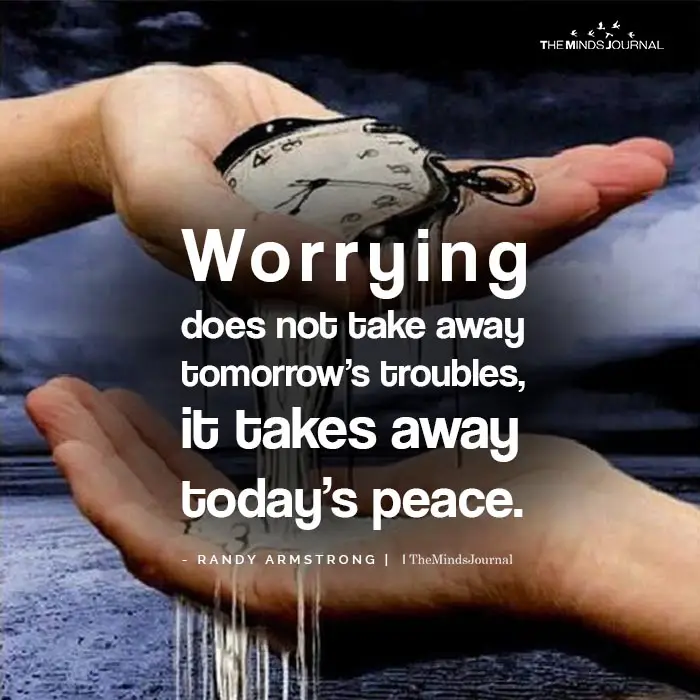
8. Relaxation Techniques
Try deep breathing exercises, progressive muscle relaxation and listening to soothing to relax your mind & body.
9. Positive Attitude
Embrace gratitude and self-compassion practices and focus on developing a positive mindset. Replace negative thoughts with affirmations and positive self-talk.
Related: 6 Things You Can Do To Reduce Mental Stress
Takeaway
Toxic stress in adults is a widely observed phenomenon; however, it can have seriously negative effects if left unaddressed. Identifying the symptoms of toxic stress, learning about the causes of toxic stress and implementing the above mentioned tips to relieve stress can help you live a better and happier life.
So make sure to prioritize self-care and seek help from loved ones and healthcare professionals, if needed.
Remember, you are not alone in this journey, and asking for help is a sign of strength.
Frequently Asked Questions (FAQs):
What does toxic stress look like in adults?
Toxic stress in adults is marked by chronic anxiety, overthinking, physical health issues, inability to relax, and emotional exhaustion.
What to do when stress becomes unbearable?
Seek support from loved ones, prioritize self-care, and consider professional help when stress becomes unbearable.
What is an example of toxic stress?
An example of toxic stress is prolonged exposure to traumatic events impacting mental and physical health.
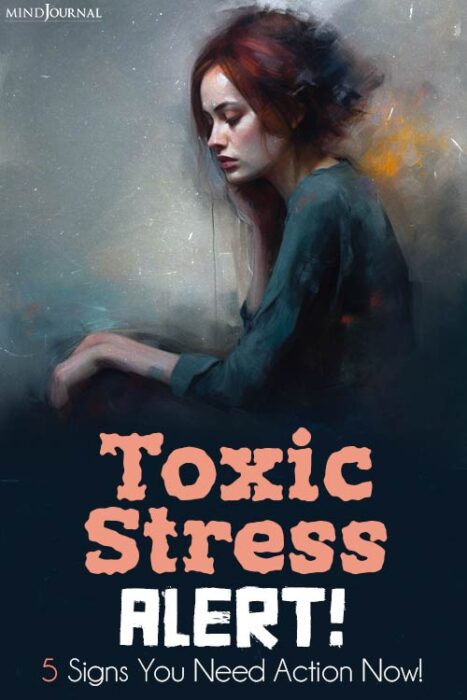


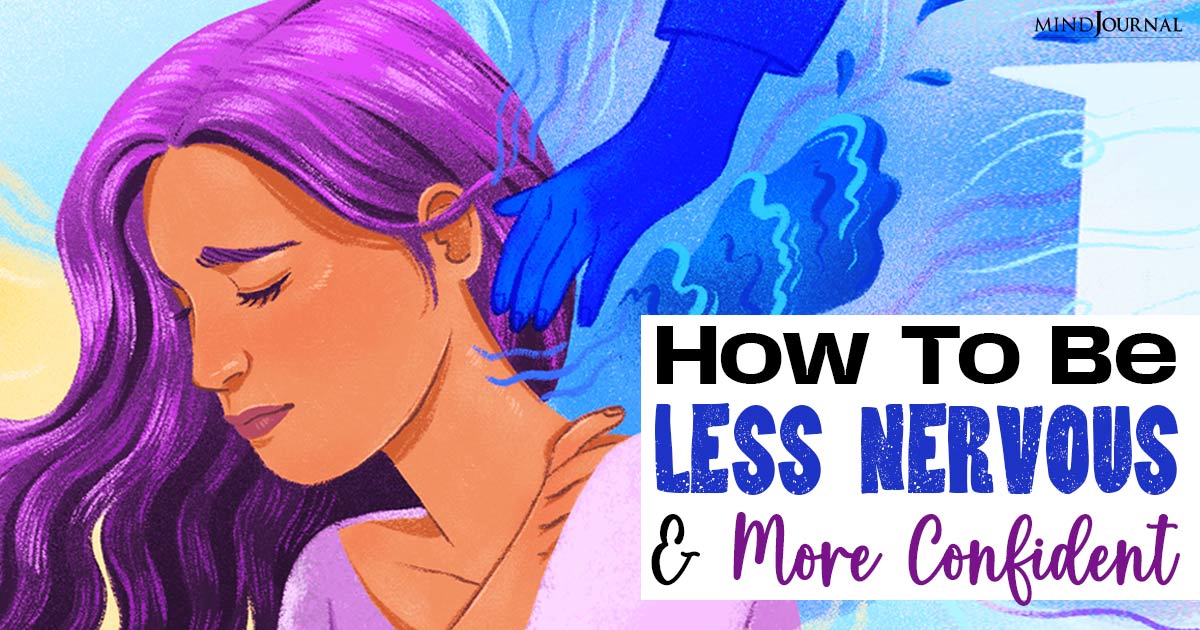


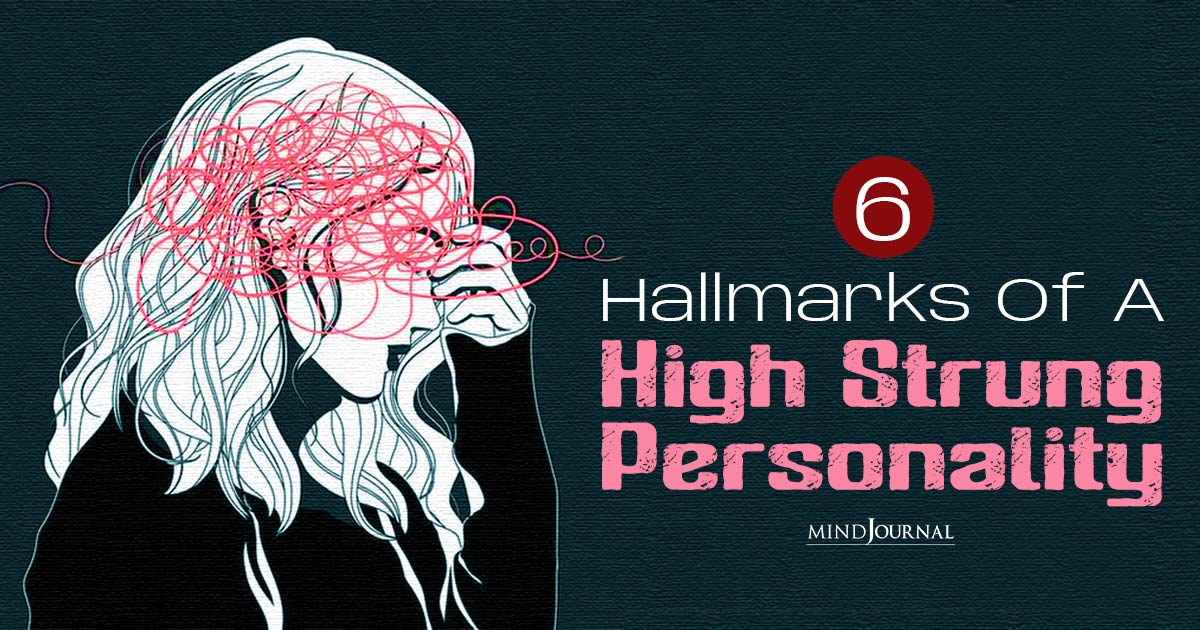
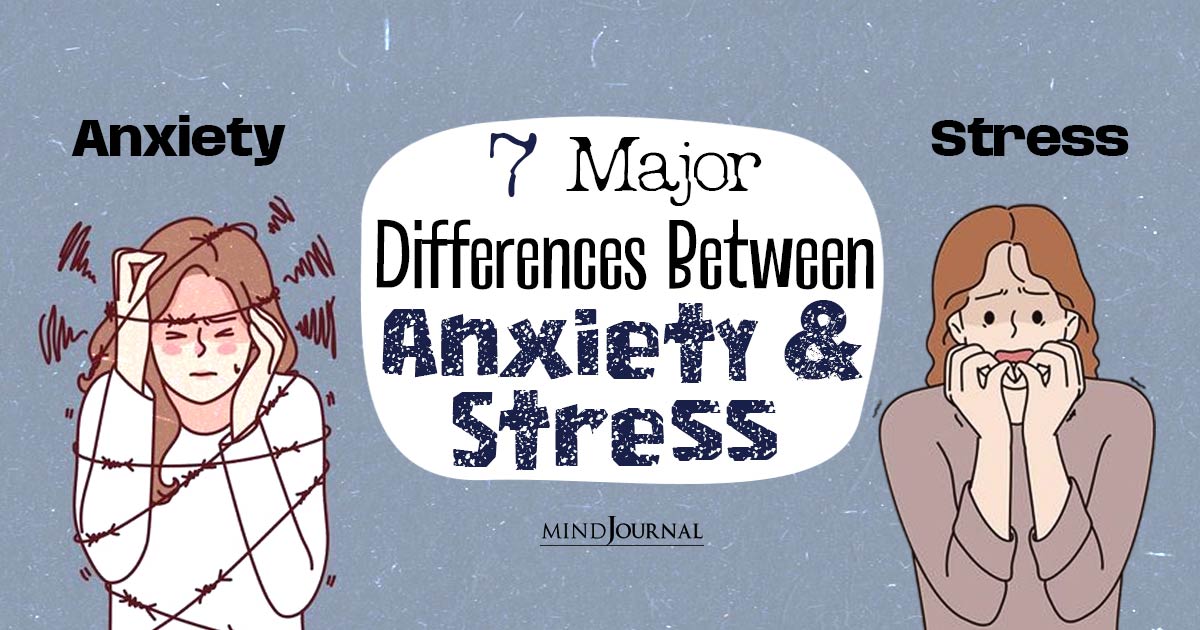

Leave a Reply
You must be logged in to post a comment.